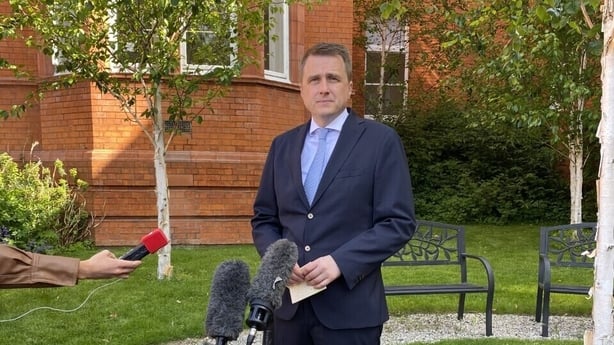A national database has been launched with details of 44 unidentified remains in the hope it will help families of missing persons get answers.
The information was collected from coroners around the country and published on the database today - the first of its kind in Ireland.
DNA profiles for 28 of the 44 are on the national DNA database and the Department of Justice said it plans to arrange for samples of the remaining 16 unidentified remains to be attained where possible.
The Department of Justice said there are approximately 856 unsolved missing persons cases on the Garda PULSE system.
Minister of State James Browne said: "I know that the families of missing people have long called for the release of this information."

The database contains details about where and when the remains were found and other information that may jog memories, including tattoos, clothes and other items.
Speaking at the launch of the database in Dublin, Mr Browne said that "there maybe something contained in the information released that triggers information that might assist in solving a missing persons case".
"As details of unidentified remains are published for the first time, we remember in particular the families and friends of missing people in Ireland and recognise the ongoing pain suffered and the lack of closure in the absence of the remains of their loved ones," he said.
Minister Browne said that it will not have been an easy task for coroners, given many of these files pre-date digitisation and would have required a physical trawl.
He appealed to anyone with any information that might assist in solving a missing person case to contact gardaí.
"It's never too late, and any information provided to An Garda Síochána may help those suffering the loss of their missing loved one to find some answers," he said.
Family members of missing people have been encouraged to provide DNA samples to Forensic Science Ireland to help solve the cases.





